(Read "At the foot of Mount Tu Di", a collection of poems by Nguyen Thanh Huong, Writers Association Publishing House, 2025).
Poetry collection "At the foot of Mount Tu Di" by Nguyen Thanh Huong - Photo: H.D.K
In early July 2025, Nguyen Thanh Huong introduced his first poetry collection "At the foot of Mount Tu Di". The poems in this collection are like the words of a young bird/like the scent of incense/like the wind blowing for a thousand years (New Year's Eve), luring readers into another world : both dreamy and awake, both calm and not far from reality, both familiar like the homeland and strange like an echo from the deepest place in the human heart.
The title of the collection of poems evokes a deeply symbolic and metaphysical image. In Buddhist culture, Mount Sumeru is the center of the universe, the home of all living beings up to the heavens. When the collection of poems is titled "At the Foot of Mount Sumeru", it is not only a way of locating space, but also an affirmation of the place of the soul, a choice to stand at the foot of the sublime source, to look up, to absorb, to listen.
"Listening" is a sacred act. The reader is not only invited to hear the sound of words, but also to feel the echoes from within, from memories, from homeland, from historical wounds, from metaphysical premonitions. Nguyen Thanh Huong does not write poetry as a description, but writes poetry as a purification. There are poems like breath, like the sound of wind blowing through the shoulder of a shirt. There are poems like waves of consciousness pouring into the heart.
It can be said that this collection of poems is the crystallization of three streams: A rural stream - full of nostalgia and flesh and blood attachment to the Central region; a Zen stream - introspective, contemplative and transcendent; a historical stream - anxious, traumatic but full of pride. These three streams are not parallel but intertwine like underground streams, creating a profound, difficult-to-mix poetic voice.
In that confluence, love for the Fatherland emerges as a spiritual axis that does not need to be highlighted. In the poem "My Fatherland", one can recognize a vein of emotions from a long time ago, from the time of Phu Dong, from the waves of bronze drums, to the beats of today, where "a mother's heart gives to her child", so that the rhythm of life continues forever.
Not a noisy praise, but a whisper between memories and presence. The love for the Fatherland in Nguyen Thanh Huong's poetry is a love that does not need to be taught, because it has melted into the blood, permeated the breath. It is the Fatherland like "a cradle rocking on the ocean", the sound of the wooden fish in the morning, the tears, the dreams and the lullabies.
Many poems in the collection have an epic tone, but are not meant to tell a story, but to be relived in consciousness. In "Poem at the Gac Ma Memorial Site", the tone of the poem is emotional but not mournful. The verses depict the image of 64 soldiers - "hearts that indomitablely turned into the sun", that image goes beyond the concrete to enter the symbolic, sacred level.
One of the admirable qualities of the collection of poems is tolerance and non-judgment. The poem "Photo of "Two Soldiers" is a humane view: Two soldiers on two fronts are still of the same race, together "burning the sunset". Poetry stands on the side of humanity, on the side of pain and memories that need to be healed.
In poems such as "Existence and Thought", "This Shadow, This Me", or "Possibility and Impossibility", we see Nguyen Thanh Huong entering the realm of thought, where there are not only emotions but also deep existential questions. He does not do philosophy through poetry, but lets poetry touch on doubts and mysterious, ineffable gaps.
Nguyen Thanh Huong's poetry, regardless of its form, always aims for extreme simplicity, a simplicity of the poetic subject that goes through many emotional and experiential sediments. It is the simplicity of someone who has lived deeply enough to not need decoration, lived truly enough to not need to prove.
The title of this article is suggested by a verse in the poem "Hoa Chua". It is a poetic state of mind. A resolute whisper, as if from a very deep and very bright place . Hey me/trying my best to light the lamp to see/the countless shadows of people/until I light the heart's light/from within, shining everywhere/no me/no shadow/no lamp at all (Hey shadow, this me).
Nguyen Thanh Huong's poetry is a silence with sound, a stillness with light. While the world is still in turmoil, at the foot of Mount Tu Di, there is still a poet sitting, quiet, listening, "loving like loving the pain". And from that silence-love, poetry blooms, like a pure, bright spring, leading us back to our own depths.
Hoang Dang Khoa
Source: https://baoquangtri.vn/lang-nghe-su-binh-an-len-tieng-195804.htm


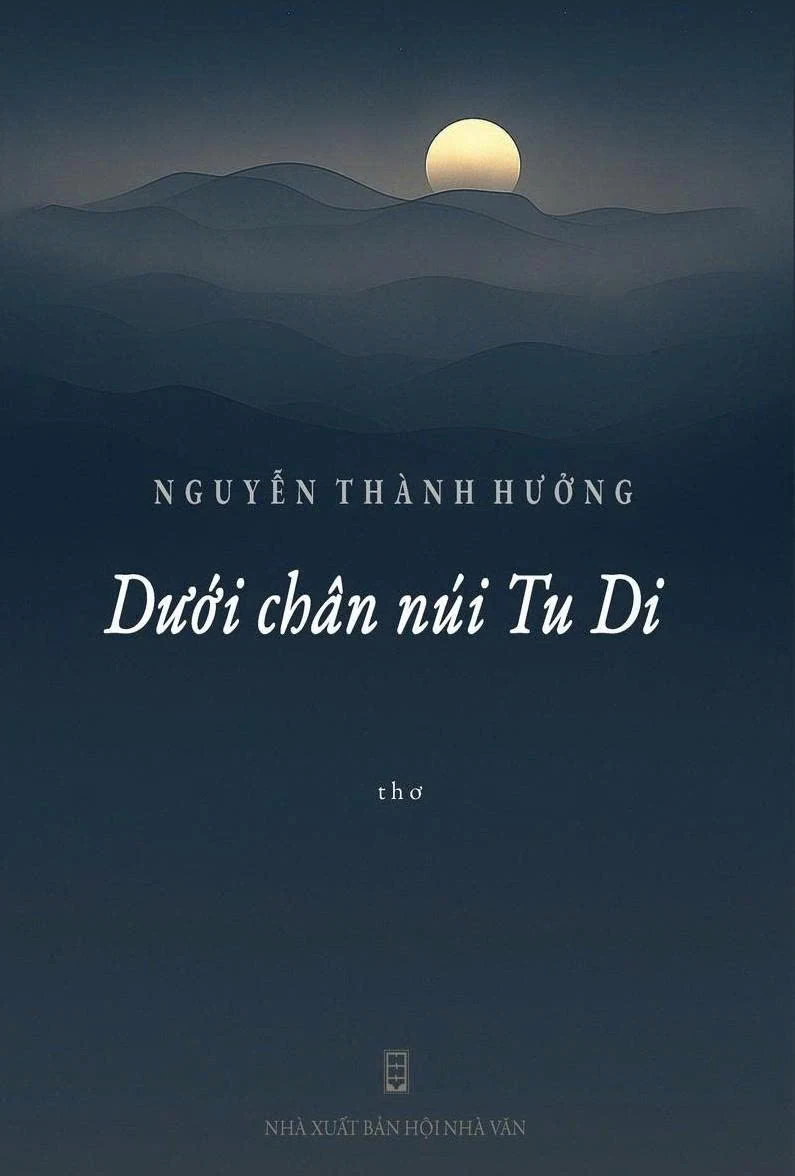


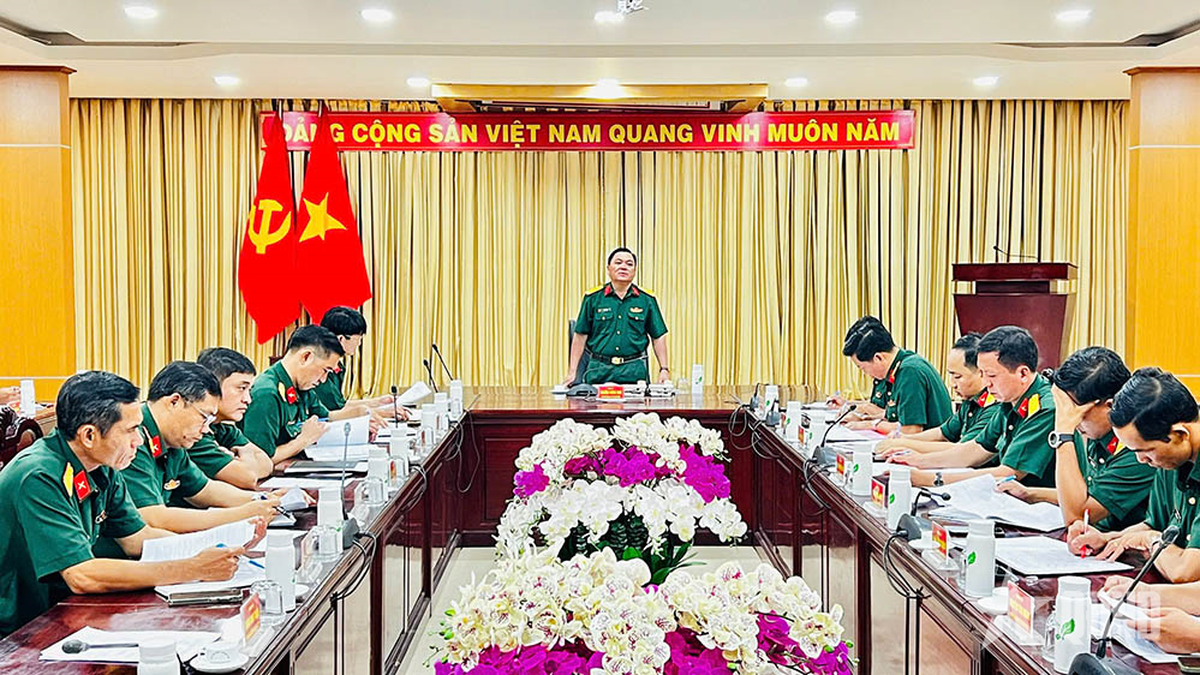
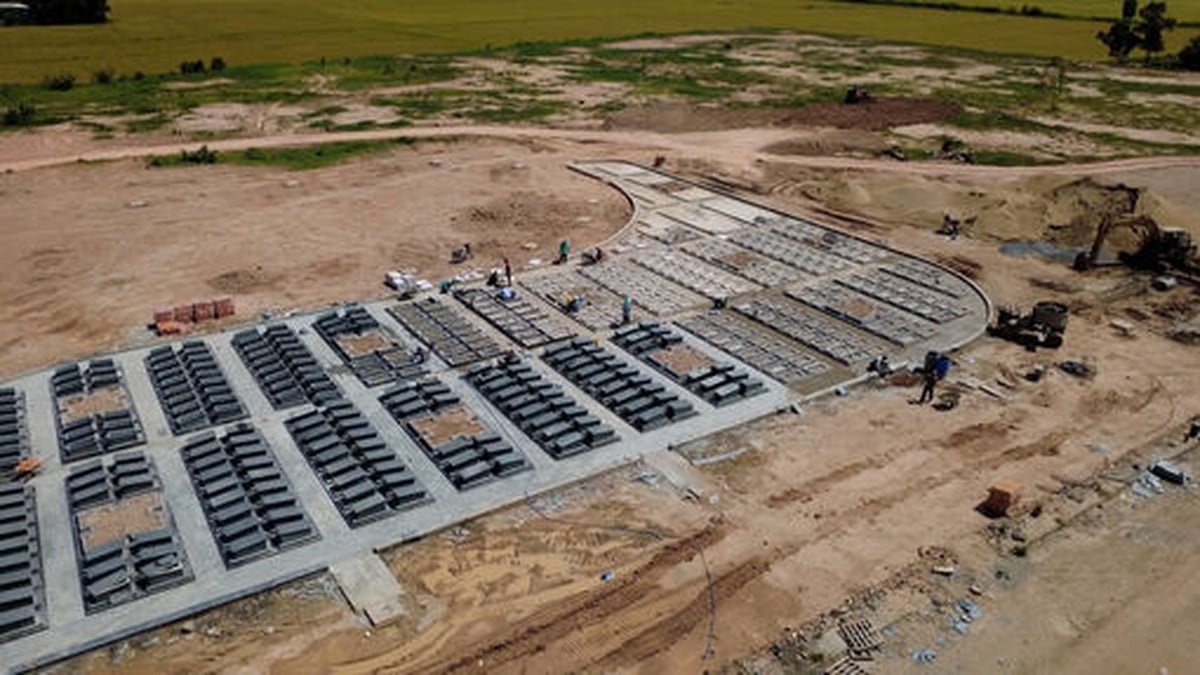













































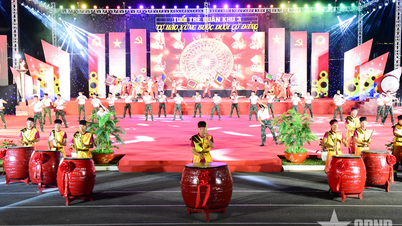








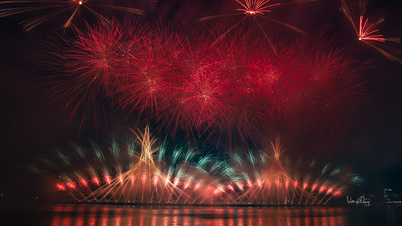




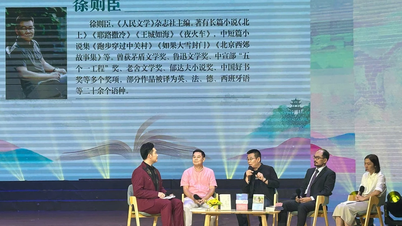








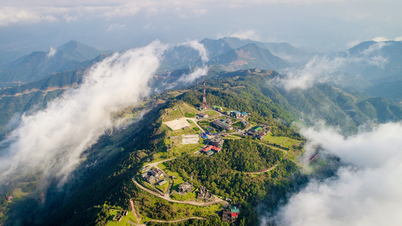



















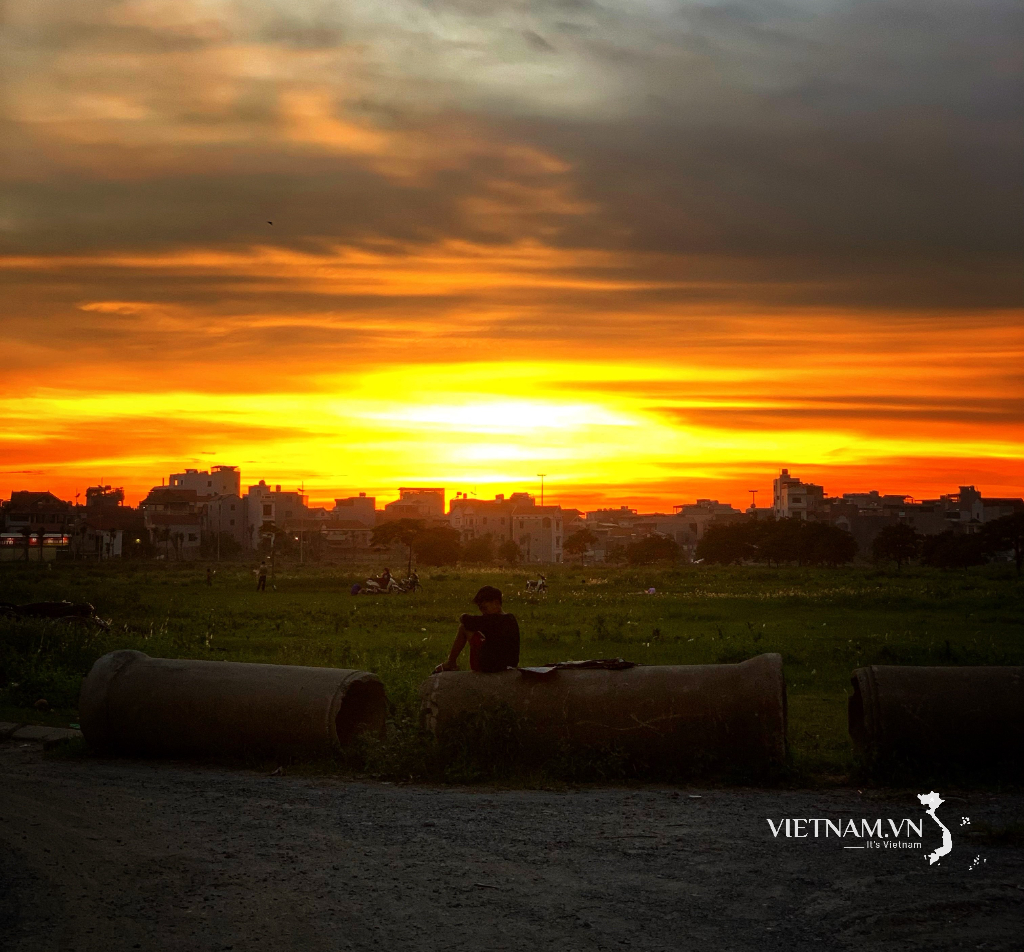
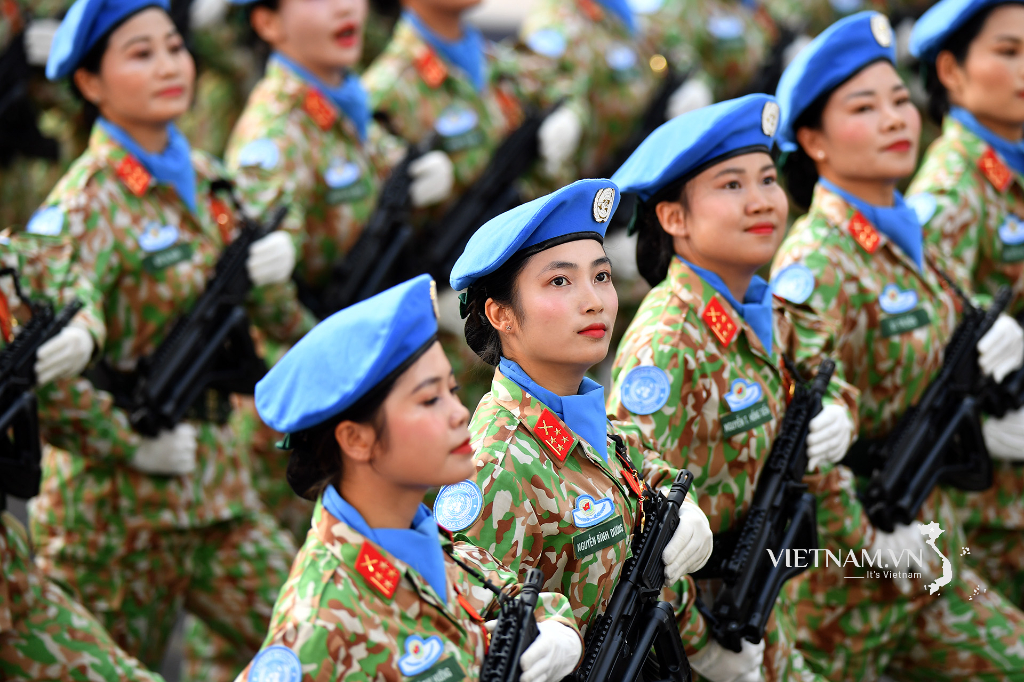


Comment (0)